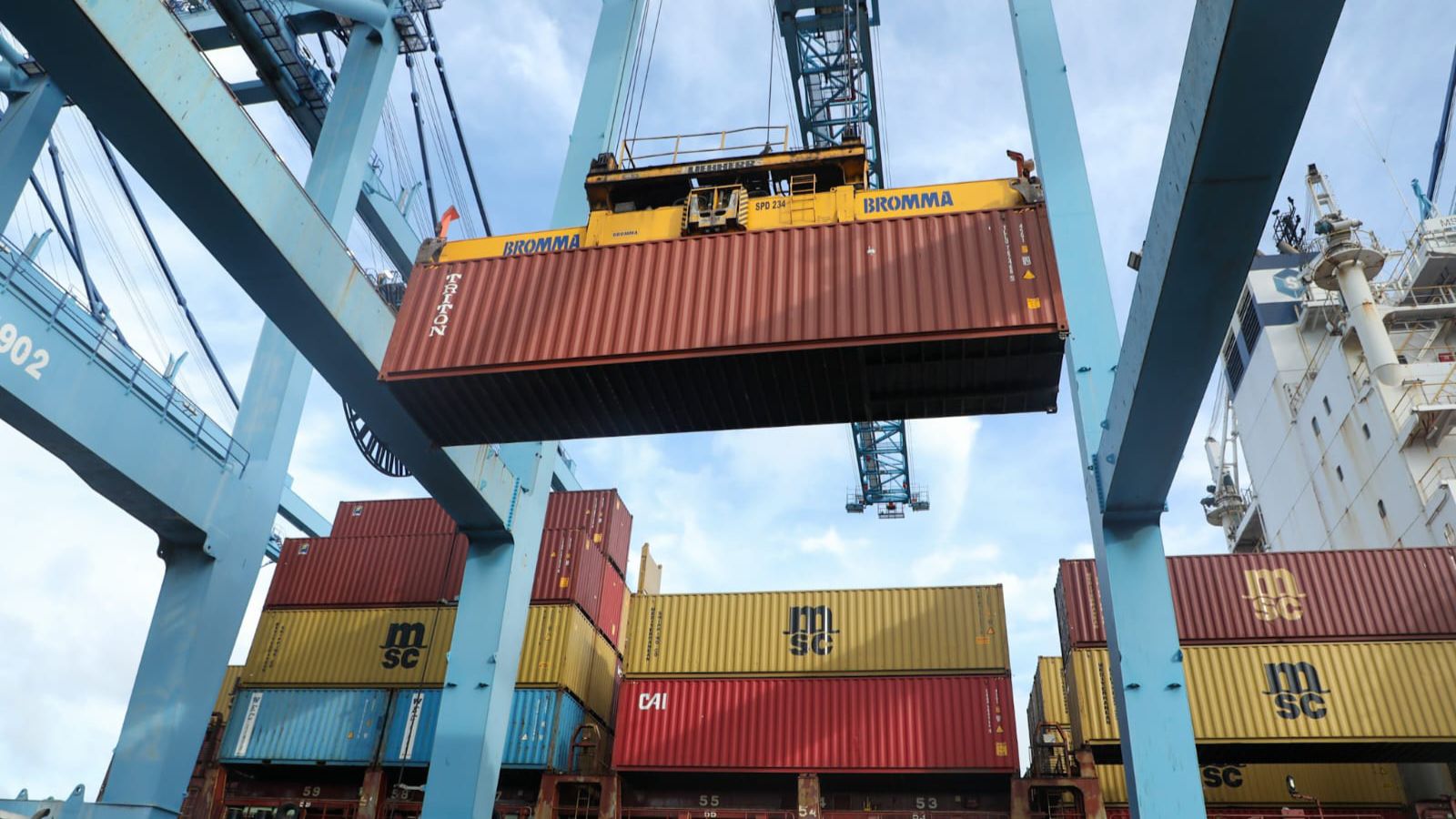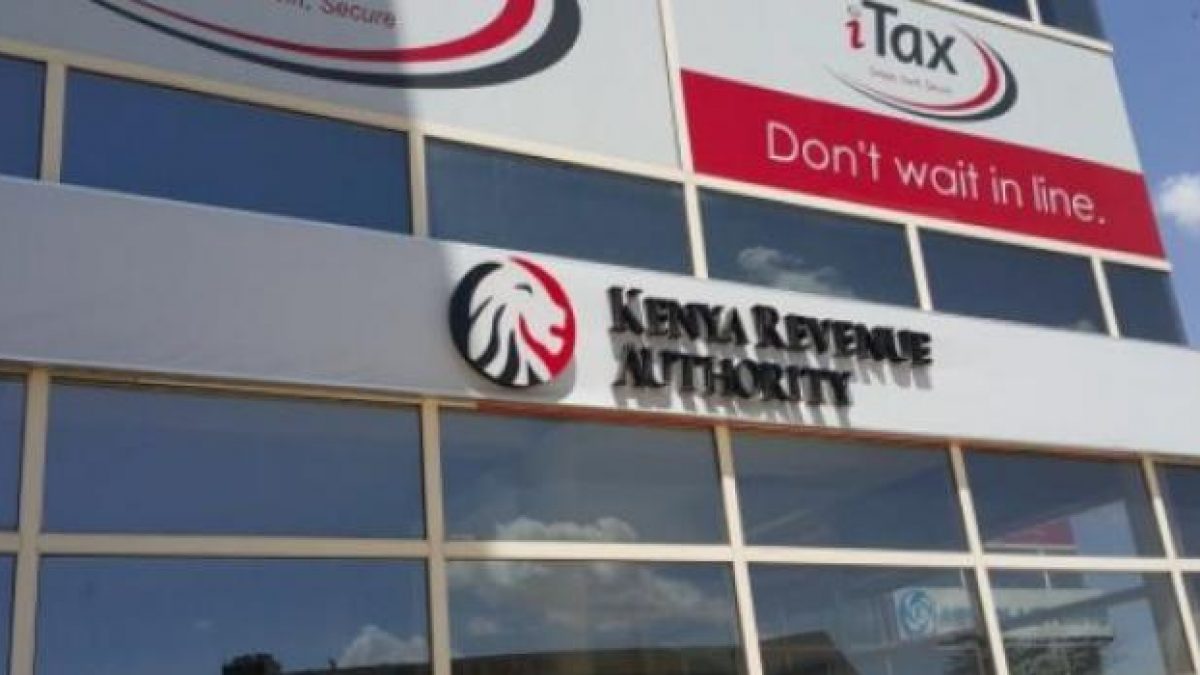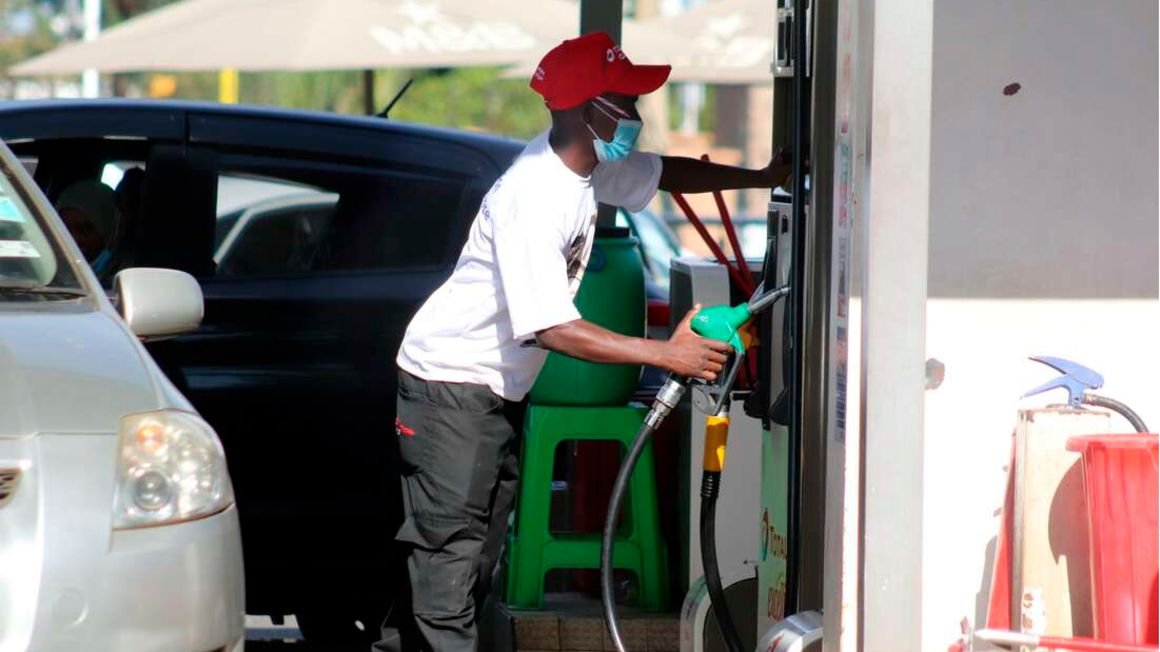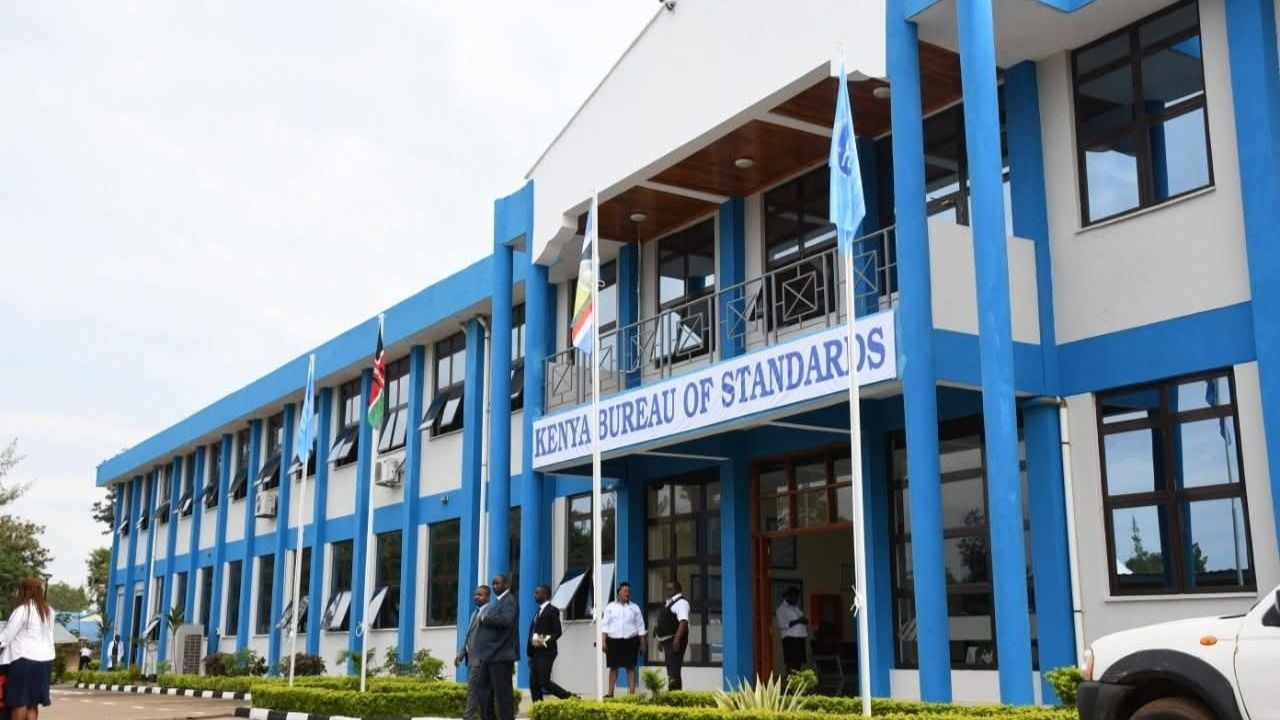The Kenya Revenue Authority (KRA) has weighed in on the recent report conducted by The Investigative Desk which allegedly uncovered a $28 million (Ksh 3.6 billion) tax discrepancy reported by British American Tobacco Kenya (BAT) in 2017 and 2018.
In a statement on Wednesday, February 19, KRA said it takes the allegations against BAT seriously and is committed to upholding the integrity of Kenya’s tax system.
“The Kenya Revenue Authority (KRA) takes note of the recent report published by the University of Bath’s Tobacco Control Research Group, in collaboration with The Investigative Desk and Tax Justice Network Africa, highlighting a potential $28 million tax discrepancy involving British American Tobacco Kenya for the fiscal years 2017 and 2018.
“KRA takes these allegations seriously and is committed to upholding the integrity of Kenya’s tax system,” read the statement in part.
The authority noted that it is reviewing the findings of the report and will take appropriate action against BAT.
Read More

The taxman pointed out that its mandate is to ensure that all corporations operating within Kenya comply fully with tax regulations, adding that any evidence of tax evasion will be addressed with the utmost urgency.
“We appreciate the role of independent research organizations in promoting transparency and accountability. KRA remains dedicated to collaborating with all stakeholders to safeguard Kenya’s revenue and economic interests,” KRA added.
The report by the Investigative Desk, in collaboration with the TCRG and TJNA analyzed six years of BAT’s annual reports and compared them with production data provided by the company to KRA, internal government documents, and data on cigarette consumption and prices.
According to the researchers, there was a gap of up to KSh9.6 billion between the company's declared revenue and the estimated revenue based on production and sales data resulting in a potential tax shortfall of US$28 million (3.6 billion).
BAT in its defense said its financial records are audited by both external auditors and regulators.
“As a public company listed on the Nairobi Securities Exchange, BAT Kenya publishes financial disclosures in its Annual Reports and audited Financial Statements in line with the applicable local regulations and international reporting standards.
“Further, BAT Kenya’s books are audited by both the Company’s external auditor and the regulator, including in 2017 and 2018, the years in question per the report,” BAT stated.
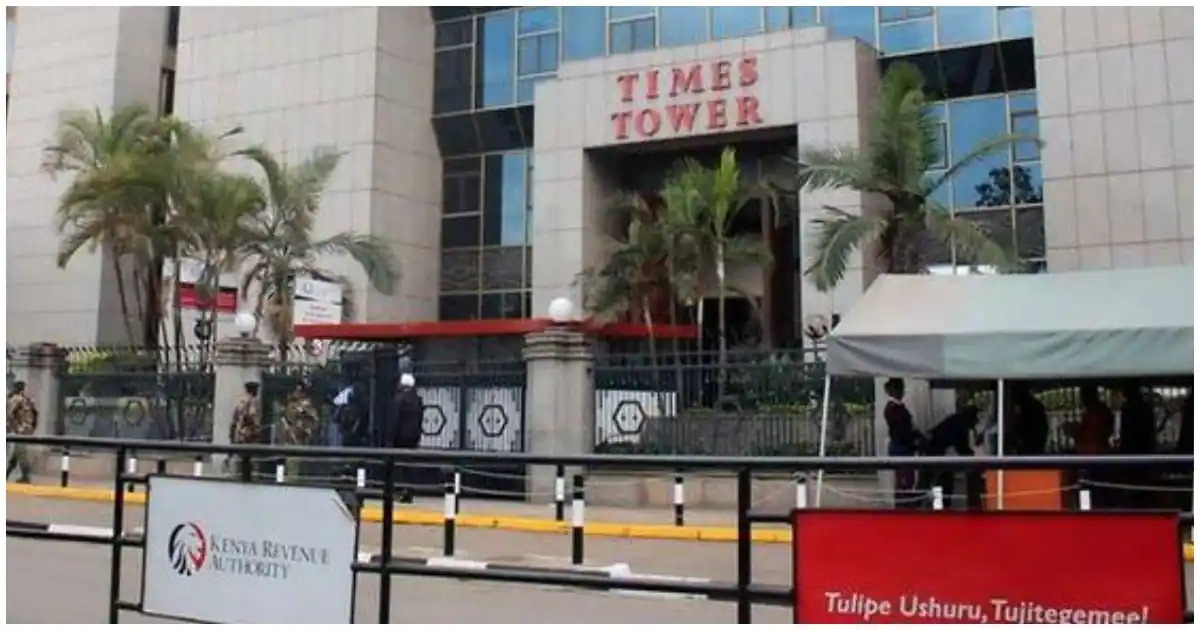
-1771737995.png)
